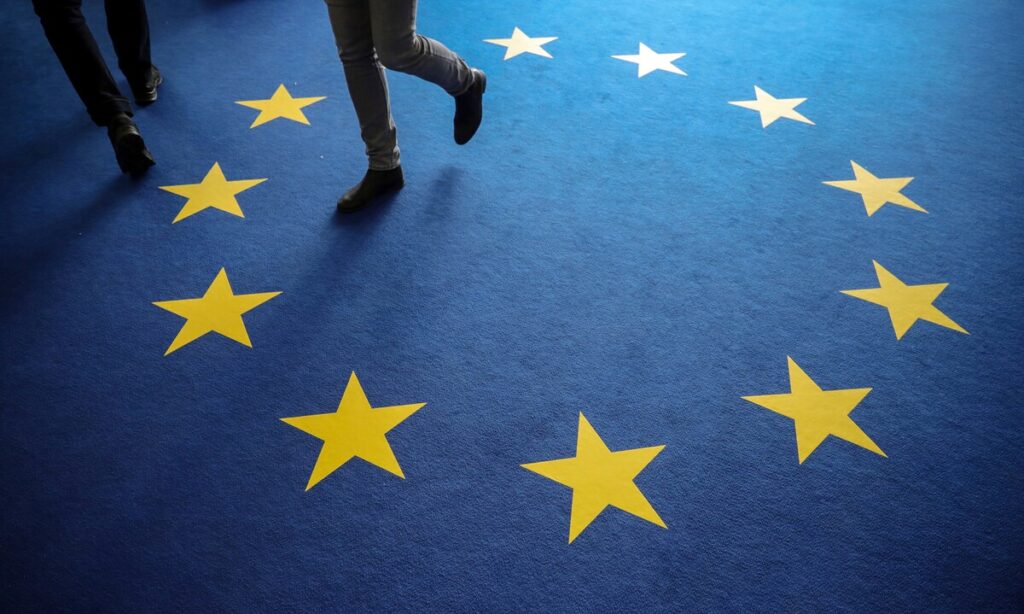Recent years have witnessed a significant surge in populist movements across Europe, challenging traditional democratic institutions and raising concerns about the future of liberal democracy in the region.
In Hungary, Viktor Orbán has consolidated power since 2010, implementing what he terms “illiberal democracy.” His Fidesz party has tightened control over media outlets, judiciary appointments, and educational institutions, prompting EU sanctions discussions and democracy watchdogs’ warnings.
Poland’s situation reflects similar trends, though recent elections saw the defeat of the populist Law and Justice (PiS) party by Donald Tusk’s coalition. This shift marked a notable departure from the populist wave, yet the lasting impact of PiS policies on judicial independence and media freedom continues to challenge democratic restoration efforts.
France’s Marine Le Pen, despite electoral defeats, has successfully mainstreamed far-right positions on immigration and national identity. Her National Rally party has gained unprecedented parliamentary representation, reflecting growing public receptiveness to populist messaging.
Italy’s Prime Minister Giorgia Meloni leads Europe’s first post-war government headed by a far-right party. While moderating some positions since taking office, her administration’s stance on immigration and European integration exemplifies the normalization of populist governance.
Economic inequality, migration concerns, and cultural anxiety continue driving populist support. The COVID-19 pandemic and subsequent economic challenges have amplified these factors, with populist leaders effectively leveraging public discontent against established political systems.
Democratic institutions face particular strain where populist leaders implement “democratic backsliding” – gradually eroding checks and balances while maintaining democratic appearances. The European Union’s ability to counter these trends remains limited by institutional constraints and member state sovereignty.
The rise of social media has amplified populist messaging, creating echo chambers that reinforce political polarization. Traditional parties struggle to counter emotional appeals with policy-based arguments, while populist leaders skillfully utilize digital platforms to bypass mainstream media.
As Europe confronts multiple crises – from energy security to climate change – the contest between populist and traditional democratic governance models will likely intensify. The resilience of democratic institutions and voters’ commitment to liberal democratic values face unprecedented tests in coming years.

